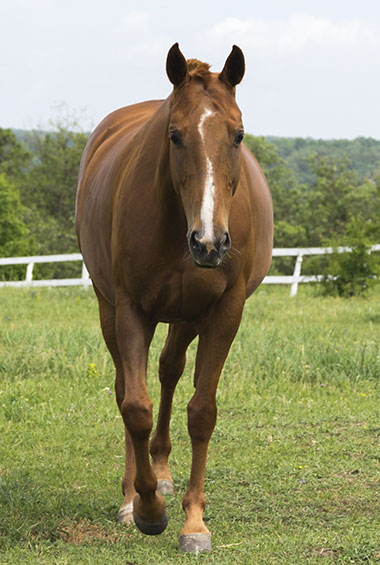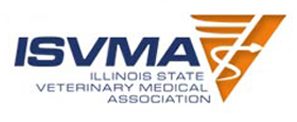Veterinary Career Overview
Veterinarians encompass a small, diverse group of individuals who help protect the health of both animal species and humans through prevention, diagnosis, and treatment of disease. Veterinarians complete 3-4 years of pre-veterinary courses, 4 years in a veterinary program and must pass the National Licensing Board Exam (NAVLE). Additionally, there are many states that require passage of state specific board exams. After graduation from vet school, veterinarians can continue their education through internships and residencies to gain additional experience or specialize in a certain area. This means that after graduation, your veterinarian likely has anywhere from 8-12+ years of education and experience!
The scope of veterinary medicine and the career paths within the profession are actually quite vast. Branches in the veterinary field include companion animal medicine, food animal medicine, equine medicine, zoo, wildlife, and aquatic medicine, regulatory medicine and public health, research, academia, and specialty medicine (including areas such as oncology, surgery, dentistry, behavior, internal medicine, ophthalmology, radiology, critical care, and exotics)! Your veterinarian likely treats many species and counsels owners on the best ways to treat and prevent disease. You can see that there are many different ways veterinarians contribute to the health of our animals and subsequently, us! If you are interested in learning more about the profession, check out the American Veterinary Medical Association and the Association for American Veterinary Medical College websites below!
Veterinary Schools

The University of Illinois College of Veterinary Medicine
American Association of Veterinary Medical Colleges
GRE Online
Answers to questions about the GRE. Registration for the test also is available.
Veterinarians – Occupational Outlook Handbook
Information on Veterinarians from the Occupational Outlook Handbook from the U.S. Department of Labor, Bureau of Statistics. Overview of information on the veterinary profession in terms of: nature of the work; working conditions; employment; training; other qualifications and advancements; job outlook; earning; related occupations;and, sources of additional information.
